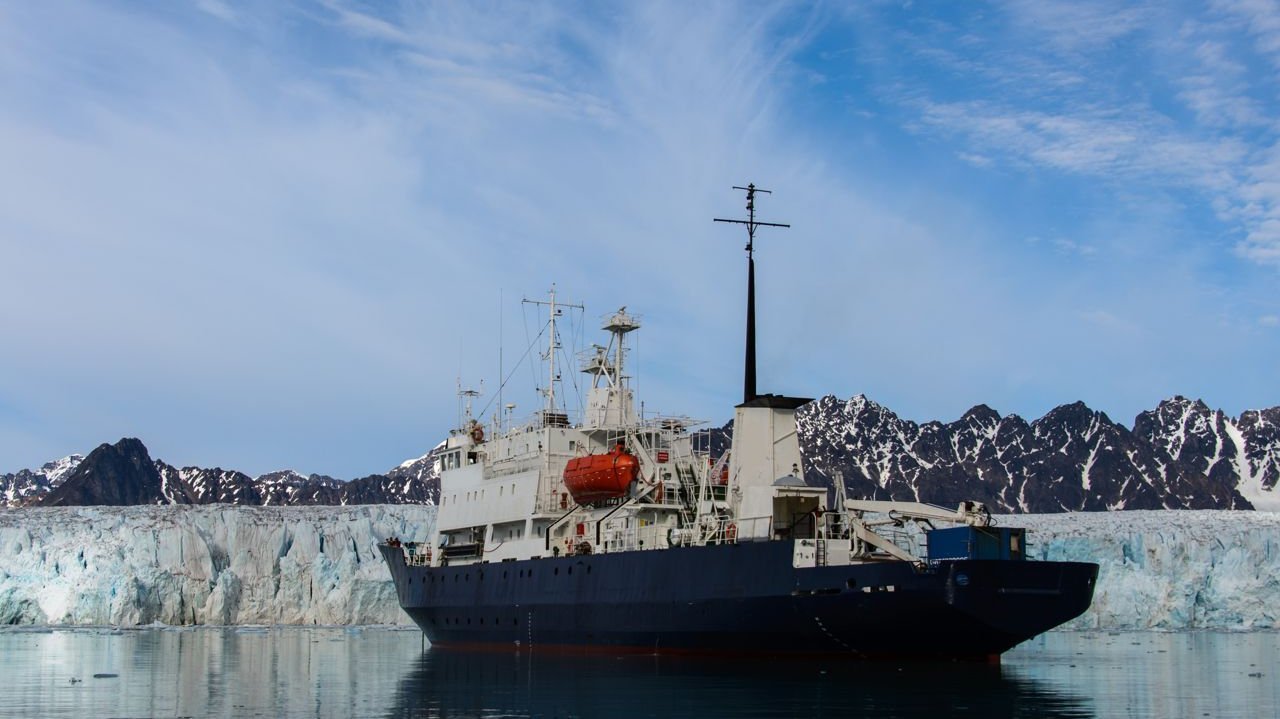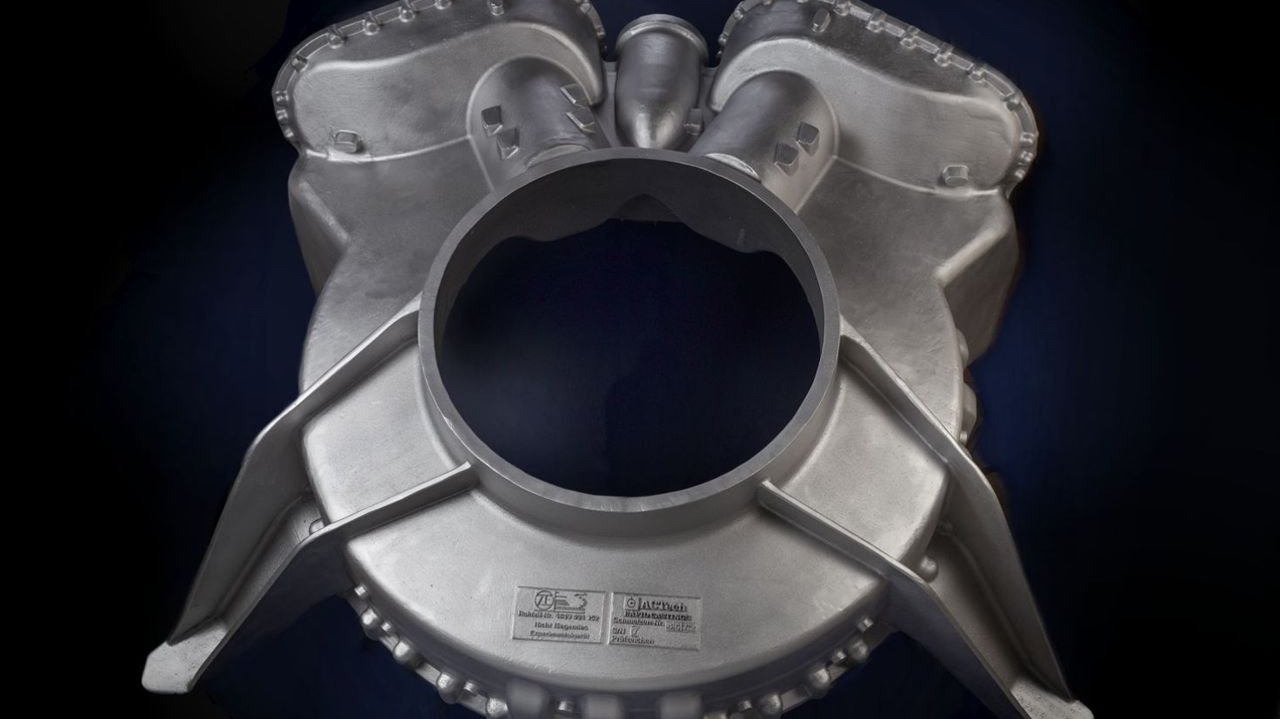Externer Inhalt von ##teaserTitle##
##teaserText##

Production by casting is essential for certain components.
Whatever you need, we’re here
There’s nothing quite so exciting as a challenging project. So, whether you want a 3D-printed prototype or something cast from steel, iron, or aluminum, we here at ACTech are ready to bring it to life. We've excelled at helping our partners turn their ideas into reality with quality and speed for over 25 years. Our 'all-in' approach proves both popular and successful time after time — and it's certainly not limited to your run-of-the-mill internal combustion engine.
There's more beneath the hood
The automotive industry is an incredibly important part of the prototype casting industry — competition drives manufacturers to improve the performance of the vehicles they produce, and prototyping is key to that. So it's no surprise that the bits and pieces that power an internal combustion engine also represent a large part of our portfolio, making that a great place to start.
If you scroll through the ACTech website, you'll see any number of them — cylinder heads, compressor wheels, turbine housing, just to name a few. But of course, there's more to any vehicle than meets the eye, and we can cast those prototypes too — even something as large as an entire section of a car!
Thinking green
As alternative drives become increasingly popular, the call for prototypes of different engine types is on the rise. We've already got a long list of projects under our belts in this area, such as electric motor houses with cooling, battery cases, sensor boxes, electric motor axles, heat exchangers, and plenty more besides.
As we covered in a previous blog, we're more than ready to help manufacturers make the switch to electric, hydrogen, or whatever form of power source they prefer. After all, as far as the prototype casting process is concerned, the differences are very minor. Quality, speed, and value for money remain key to a successful project, and with the vast expertise we've accrued over more than 25 years in the business, we're ready for whatever the future holds.
Over land and sea
While travel by road is obviously a popular option, it's far from the only one. Other vehicles, such as trains and ships, also require parts, whether as a prototype or a spare. Given the size of these great machines, it's no surprise that the pieces that help them run are also incredibly large — something that makes casting a necessity over alternatives like 3D printing.
Take a train bogie, or truck, for example. As part of the train's chassis, this piece is pretty important. It holds the axles, and therefore the wheels, without which the carriage won't be moving very far. They're large, they're heavy, and they have a lot riding on them — literally and figuratively. Luckily, we can handle it.
But what about something ocean-bound? Well, we're equipped to work on that, too. We’ve had plenty of past encounters with the seven seas, including turbine housing for a ship's engine and an emergency replacement part for an Arctic research ship. Just like with prototypes destined for an IC engine, time was money in that case. They needed it quickly, and we rose to the challenge.
The latter example is also proof of an oft-ignored use of casting that goes beyond the delivery of prototypes. For manufacturers that adopt a just-in-time approach, or those who require a new part either urgently or once a decade, ACTech is an ideal partner. By taking advantage of our short lead times, they can get what they need, when and where they need it. That means no costly storage fees or worrying about obsolescence while those spares wait around gathering dust.

Take to the skies
The aerospace industry is very strictly regulated, with all licensed manufacturers needing to meet specific standards. While many aircraft companies are turning to newer production methods for non-metal pieces, mostly as they seek to reduce weight, metalwork is still crucial for the vast majority of new parts.
We’re involved in several of these projects every year, and we’re always excited for the next one. For us, it began almost two decades ago with the production of a helicopter's gearbox. It was a pretty sizable project, and it remains an achievement that we're proud of.
More recent projects have seen us develop some brilliant ideas into working parts — but unfortunately, we can’t tell you more about them for obvious reasons. You’ll be able to find out more about our confidentiality rules in a later blog, so keep an eye out for that if it interests you!

Summing things up
At ACTech, we love a good challenge. And our customers never disappoint. We're involved in hundreds of unique and exciting projects every month, each one different from the last — some are even the first of their kind. So, whatever use your part has, whatever its size, and whatever your deadline, we remain at your disposal.
Would you like to learn more about prototype casting or ask for more information about starting a project with ACTech? We'd love to have a conversation.
Contact
Diese Website nutzt Cookies, um das beste Nutzererlebnis zu gewährleisten, um die Nutzung der Website zu analysieren und Datenschutzeinstellungen zu speichern. In unseren Datenschutzrichtlinien können Sie Ihre Auswahl jederzeit ändern.
Funktionale
Diese Cookies gewährleisten das korrekte Betreiben der Seite. Auch zustimmungsfreie Cookies oder First Party Cookies genannt.
Anbieter, die Cookies auf dieser Seite nutzen, werden nachfolgend aufgelistet. Wo dies möglich ist, können Sie der Nutzung von Cookies zustimmen.
Cookies, welche für die Grundfunktion unserer Seite benötigt und gesetzt werden.
Cookies, welche für die Nutzung des TYPO3 Backendzugangs benötigt und gesetzt werden.
Analytische Cookies
Diese Cookies sammeln anonyme Informationen über die Nutzungsweise einer Website, bspw. wie viele Besucher welche Seiten aufrufen. Damit soll die Performance der Website und das Nutzererlebnis verbessert werden.
Anbieter, die Cookies auf dieser Seite nutzen, werden nachfolgend aufgelistet. Wo dies möglich ist, können Sie der Nutzung von Cookies zustimmen.
Cookie von Google für Website-Analysen. Erzeugt statistische Daten darüber, wie der Besucher die Website nutzt.
Marketing
Marketing-Cookies werden verwendet, um Besuchern auf Webseiten zu folgen. Die Absicht ist, Anzeigen zu zeigen, die relevant und ansprechend für den einzelnen Benutzer sind und daher wertvoller für Publisher und werbetreibende Drittparteien sind.
Anbieter, die Cookies auf dieser Seite nutzen, werden nachfolgend aufgelistet. Wo dies möglich ist, können Sie der Nutzung von Cookies zustimmen.
Der Google Tag Manager verwaltet die JavaScript- und HTML-Tags die für die Verwendung von Tracking- und Analysetools benötigt werden. Der Google Tag Manager setzt selber keine Cookies.
Cookie von Meta Pixel für Website-Analysen. Erzeugt statistische Daten darüber, wie der Besucher die Website nutzt.
Werbeanzeigen auf anderen Websites gezielter anzuzeigen, um Nutzern nur Anzeigen zu präsentieren, die potentiell deren Interessen entsprechen.
Streaming-Dienste
Unsere Internetseite kann Elemente aus externen Quellen enthalten. Es wird darauf hingewiesen, dass wir keinen Einfluss darauf haben, dass Betreiber anderer Webseiten die geltenden Datenschutzbestimmungen einhalten. Weitere Informationen zu den einzelnen Anbietern finden Sie unter den detaillierten Informationen.
Anbieter, die Cookies auf dieser Seite nutzen, werden nachfolgend aufgelistet. Wo dies möglich ist, können Sie der Nutzung von Cookies zustimmen.